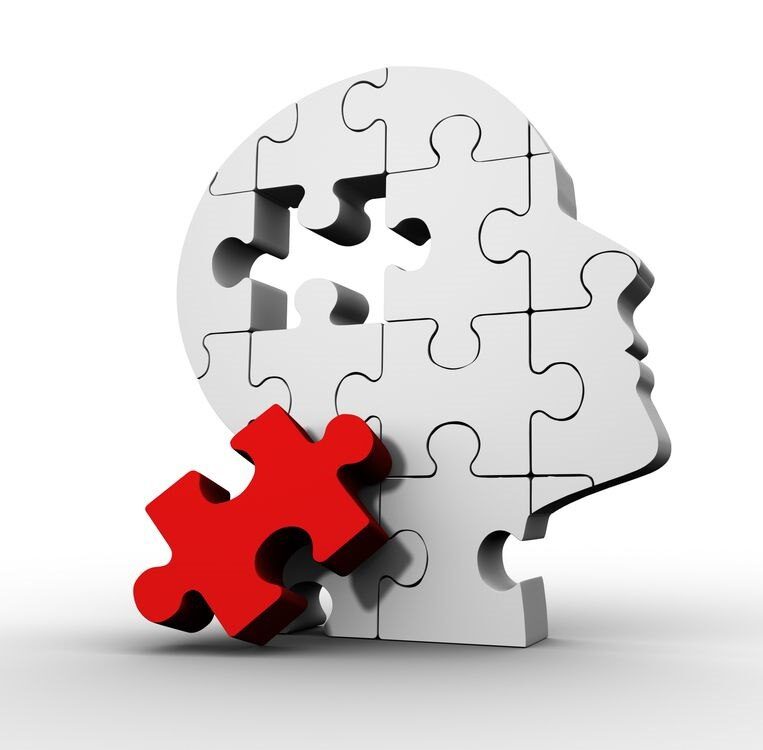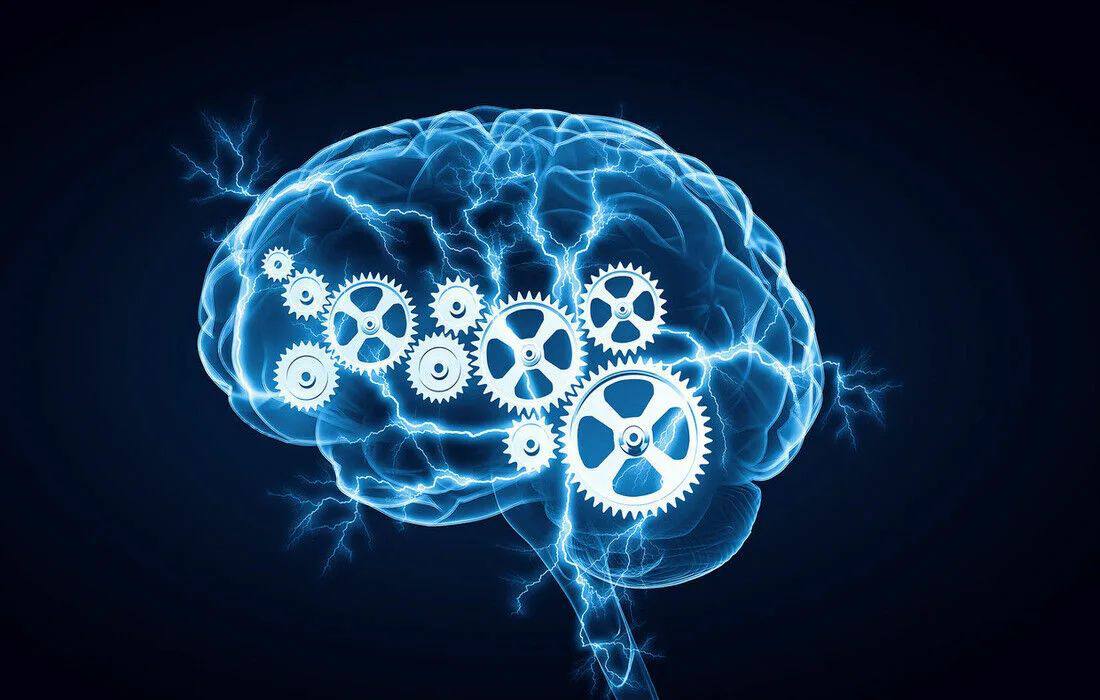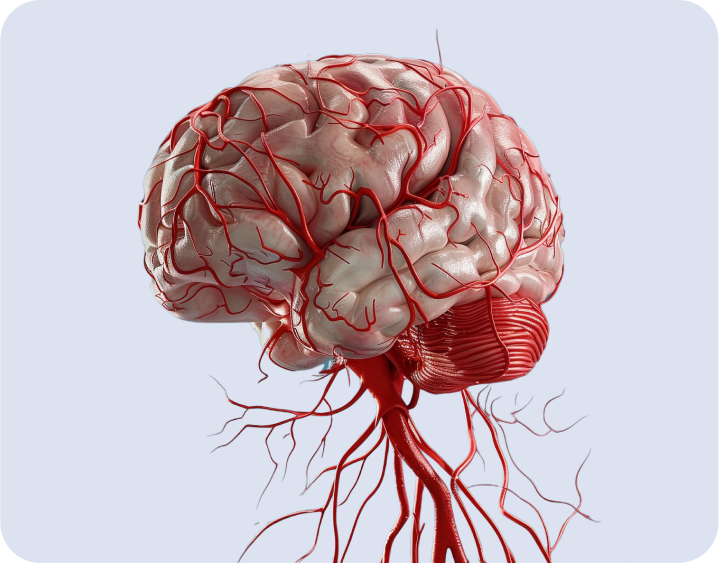Library - Page 5
Registered on ClinicalTrials
Comparative assessment of the effectiveness of standard therapy and combination of Mexidol with convulsan at the stage of early rehabilitation of patients with opium drug addiction
Authors:
Melnikov M.A. , Karpov A.M.
Republican narcological dispensary of the Ministry of Health of the Republic of Tatarstan;
Kazan State Medical Academy
The effectiveness of the use of Mexidol with convulsive syndrome of withdrawal and post -traumatic genesis
Author:
Brastvoev V.A.
Arkhangelsk Regional Clinical Psychiatric Hospital
Application of Mexidol in Urgenic Narcology
Authors:
Klindukhova O.I., Novgorodov O.E., Sergienko N.N., Danilyuk P.V., Belotserkovich O.V.
Regional narcological dispensary, Krasnoyarsk
Therapeutic efficiency of Mexidol, when stopping various options for alcohol withdrawal syndrome
Authors:
Kashichkina O.V., Krieger N.A.
Saratov Regional Psychiatric Hospital of St. Sophia
Mexidol in the complex therapy of post -traumatic stress disorders
Authors:
S.A. Tsaregorodtseva, M.Yu. Bondarenko, Vaphranva E.V., Azin A.L.
Republican clinical hospital of war veterans;
The Center for Medical, Psychological and Social Rehabilitation of Veterans of Combat and Counter-Terrorism actions and members of their families, Yoshkar-Ola
The experience of using the drug "Mexidol" in the structure of pharmacotherapy of various clinical forms of neurosis
Author:
Aleshina N.V.
Departure of the crisis conditions of the Saratov city neuropsychiatric dispensary
The influence of Mexidol on the improvement of cognitive status and quality parameters as part of the complex therapy of patients with chronic heart failure of the II - III functional class
Author:
Tolkacheva V.V., Karapetyan L.V., Khutsishvili N.I., Galochkin S.A., Kazakhmedov E.R., Kobalava Zh.D.
FGAOU in Russian University of Friendship of Peoples named after Patrice Lumumba, Moscow, Russia
Cognitive disorders in patients with a cardiological profile: diagnosis and prevention
Author:
E.K. Shavarova 1.2 , A.A. Shavarov 1 , R.E. Akhmetov 3 , railway Cobalava 1.2
1 FGAOU at the Russian University of Friendship of Peoples, Moscow, Russia;
2 GBUZ "GKB named after V.V. Vinogradova DZM ”, Moscow, Russia;
3 LLC Scientific and Production Company "Pharmasoft", Moscow, Russia
The relationship of cardiovascular diseases and cerebrovascular complications
Authors:
Ostroumova T.M., Kochetkov A.I.
Place of publication:
11,2022
Mexidol effects in patients with chemical and heart failure II - III functional class
Authors:
A.V. Schulkin 2 , E.R. Kazamedov 1 , S.A. Galochkin 1 , V.V. Tolkacheva 1 , railway Cobalava 1
1 FGAOU in Russian University of Friendship of Peoples, Moscow;
2 FSBEI in the Ryazan State Medical University named after Acad. I.P. Pavlova "of the Ministry of Health of Russia, Ryazan
Cognitive disorders for heart failure: the role of microcirculation disorders
Authors:
Chimagomedova A.Sh., Gioeva Z.R., Akhilgova Z.M., Kurkina M.V., Avtandilov A.G.
FSBEI DPO Russian Medical Academy of Continuing Professional Education, Moscow, Russia
Place of publication:
Journal of neurology and psychiatry named after S.S. Korsakova
2020, vol. 120, No. 10, issue. 2
Arterial hypertension, cognitive disorders and dementia: the view of the cardiologist
Authors:
O.D. Ostroumova 1.2 , M.S. Chernyaeva 3
1 FSBEI IN "Moscow State Medical and Dentological University named after A.I. Evdokimov »Ministry of Health of Russia, Moscow, Russia;
2 FGAOU VO "First Moscow State Medical University named after THEM. Sechenov ”(Sechenov University) of the Ministry of Health of Russia, Moscow, Russia;
3 FSBI DPO Central State Medical Academy Affairs of the President of the Russian Federation, Moscow, Russia
The role of antioxidants in the prevention and treatment of patients with a high risk of cardiovascular complications
Authors:
Shchepanevich L.A. 1*, Tanashian M.M. 2*, Nikolaev Yu.A. 1*, Polyakov V.Ya. 1*, Pervuninskaya M.A. 1*, Antonova K.V. 2*
1* FGBNU "Research Institute of Experimental and Clinical Medicine", Novosibirsk, Russia;
2* FGBNU "Scientific Center of Neurology", Moscow, Russia
Place of publication:
Cardiology and cardiovascular surgery, 4, 2018
The use of Mexidol® in cardiology is an additional and real myocardial protection path
Author:
N.Yu. Borovkova
FSBEI in the Nizhny Novgorod State Medical Academy of the Ministry of Health of the Russian Federation, Nizhny Novgorod
Place of publication:
cardio, issue No. 11 (25), 2017
Anxy with a high level of anxiety
Authors:
S. D. Kurochkina*, Candidate of Medical Sciences, E. V. Semenova **, Yu. V. Tereshchenko **, candidate of medical sciences, A. A. Semenkin **, Doctor of Medical Sciences, Professor, G. I. Nechaev1, Doctor of Medical Sciences, Professor
* Buzoo KKD, Omsk
** FSBOU in the OMGMU of the Ministry of Health of the Russian Federation, Omsk
Place of publication:
The attending physician, March 2017, No. 3,
Cardiovascular comorbidity: Focus for the correction of tissue ischemia and energy deficiency
Authors:
D.M.N., Professor M.E. Statsenko, MD, Professor S.V. Turkina
Department of Internal Diseases of the Pediatric and Dental Faculty of FSBEI in Volgograd State Medical University of the Ministry of Health of Russia, Volgograd, Russia
Place of publication:
Cardiology and cardiovascular surgery, 6, 2016
THE INFORMATION IS INTENDED FOR HEALTHCARE AND PHARMACEUTICAL PROFESSIONALS. THIS INFORMATION IS NOT INTENDED AS A SUBSTITUTE FOR MEDICAL ADVICE.
Source of photos and images Shutterstock.com















